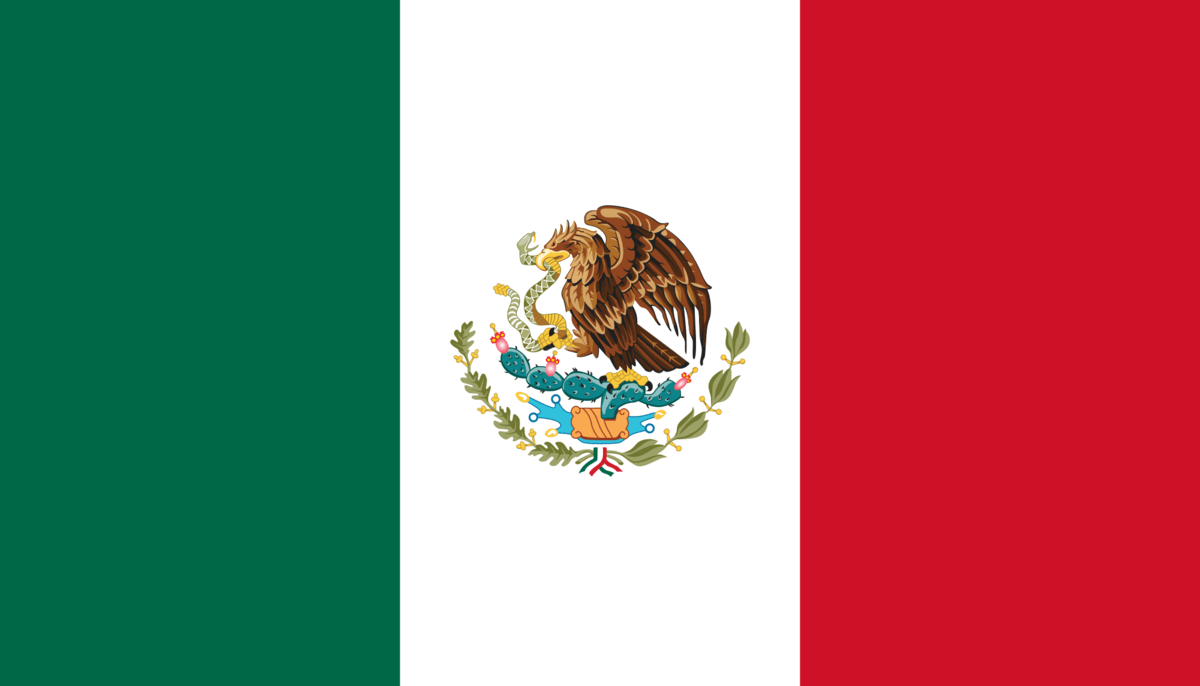In this second of a two-part article series, we’ll talk about some more uses of the Spanish preposition por.
Using por to indicate support
Por can express support for someone (or something) in a political or social context.
Tip: Click on any of the linked sentences in this article (while on a mobile) to add them directly to your Fluent Forever app, so you can study them later. Don’t have our app yet? Download it here!
- En las próximas elecciones votaré por el abogado José Rodriguez. (In the next elections, I’ll vote for the lawyer José Rodríguez.)
- Yo hablo por los que no tienen voz y no pueden defenderse, como los animales. (I speak for the voiceless and for those who can’t defend themselves, like animals.)
In the first example, the subject expresses support for a politician, while in the second sentence they are in support of a specific group. Por in this context can refer to an individual, a group, or a cause.
Using por to exchange things
We can also use por when we’re talking about an exchange.
- A pesar de ser barato, el hotel era muy bueno; y al llegar, hasta cambiaron nuestra habitación por una con mejor vista. (Despite being cheap, the hotel was quite good; they even changed our room for one with a better view when we arrived.)
- Te cambio mi cama por el sofá para que puedas dormir mejor. (I’ll take the sofa and you take my bed so you can sleep better.)
Both subjects above refer to exchanging one thing for another.
Por can also be used with abstract nouns, such as when thanking someone:
- El abogado les dio las gracias por firmar el contrato. (The attorney thanked them for signing the contract.)

Image by StockSnap from Pixabay
Here, the subject is exchanging words of gratitude with someone else for performing an action.
Using por to indicate price or amount
Por is also used to talk about the price of something. This happens mostly when the price is not fixed, when referring to a special offer or deal, or if we want to explain the cost of a specific amount of a product.
- Compré siete botellas de plástico por un dólar para iniciar mi negocio de jugo de naranja. (I bought seven plastic bottles for one dollar to start my orange juice business.)
The subject in the above example is explaining how much they paid for a specific number of bottles.
How did you do that?
Finally, por can also indicate the means used to perform an action. In other words, it explains how we did something.
- Ayer llamé a la corte por teléfono para informar al juez que no podré presentarme mañana. (I phoned the court yesterday to inform the judge that I won’t be able to show up tomorrow.)
Here, the action performed by the subject (llamé a la corte) was by means of a telephone (por teléfono).
And that’s about it! Now you know exactly how to use por in your Spanish sentences.
Written by Humberto Aparicio





